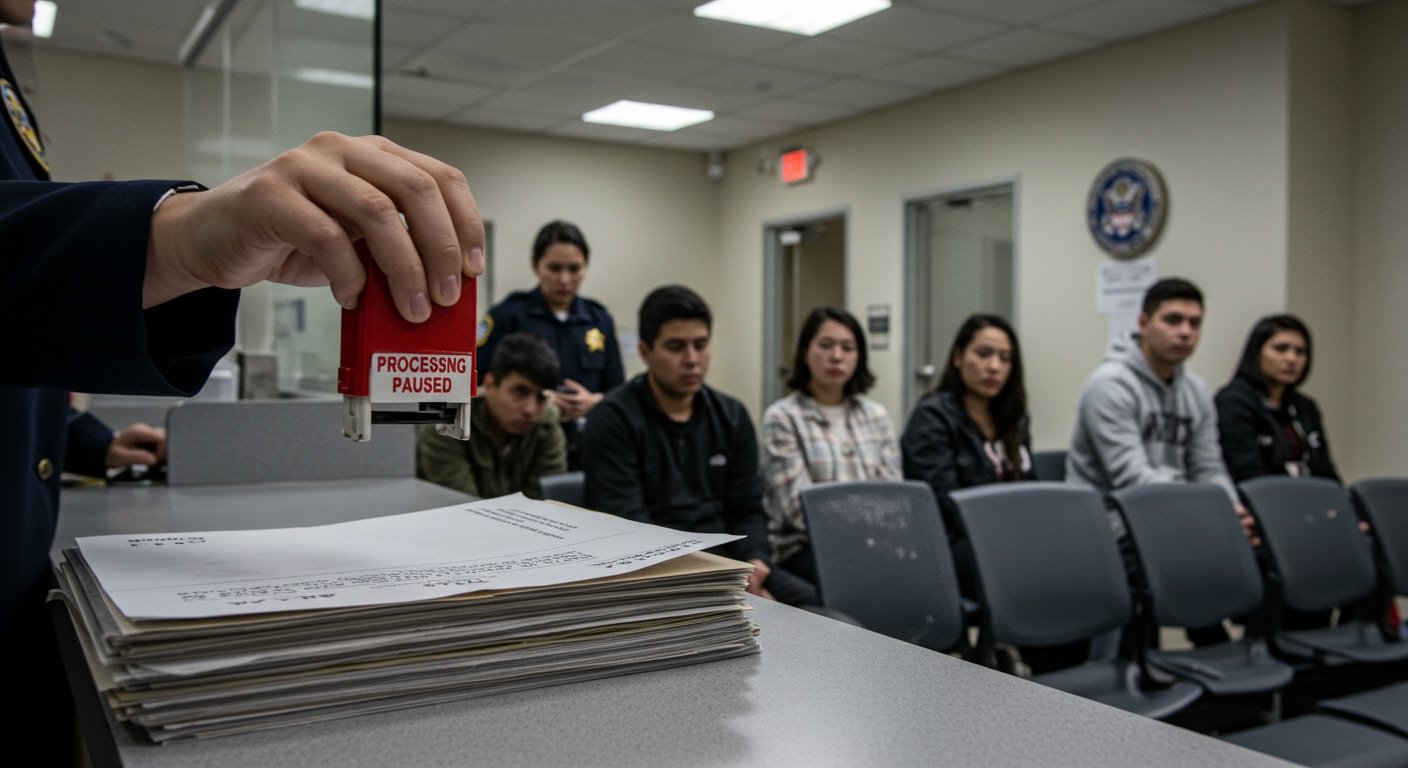Washington, D.C. – A federal judge in the nation’s capital delivered a significant legal blow to a Trump administration policy on Tuesday, March 18, 2025, blocking its ban on transgender individuals serving in the United States military. The ruling, handed down by U.S. District Judge Ana Reyes, based in Washington, D.C., stated that the executive order prohibiting transgender troops from service likely violated their fundamental constitutional rights.
Judge Reyes’ decision came in response to a lawsuit filed by a group of service members and aspiring recruits challenging the legality of President Donald Trump’s directive. The order, first announced in 2017 and later implemented with modifications, had effectively barred most transgender individuals from enlisting and made it difficult for those already serving to continue their careers.
Background of the Policy Challenge
The executive order in question, issued by President Donald Trump, aimed to reverse Obama-era policies that had allowed transgender individuals to serve openly in the armed forces. The Trump administration argued that the ban was necessary for military readiness, cohesion, and cost-effectiveness, particularly regarding medical expenses associated with gender transition.
Critics of the ban, however, contended it was discriminatory and undermined military effectiveness by excluding qualified individuals willing and able to serve. Legal challenges were swiftly filed across the country, arguing that the policy violated the Equal Protection clause of the Fifth Amendment by discriminating based on gender identity without sufficient justification.
The Judge’s Ruling and Legal Basis
In her courtroom in Washington, D.C., U.S. District Judge Ana Reyes granted a preliminary injunction against the enforcement of President Donald Trump’s executive order. A preliminary injunction is a court order made in the early stages of litigation that prohibits a party from doing something it is planning to do, or requires it to do something, until the trial is concluded. Such injunctions are typically granted when the plaintiff is likely to succeed on the merits of the case and would suffer irreparable harm if the order were not issued.
Judge Reyes’ ruling specifically found that the ban prohibiting transgender troops from serving likely infringes upon their constitutional rights. While the precise details of her legal analysis will be further elaborated in formal opinions, the indication that the policy likely violates constitutional protections suggests the court found the arguments against the ban compelling and the government’s justification insufficient at this stage of the proceedings.
The plaintiffs in the case included a group of six active-duty transgender service members and two individuals seeking to enlist in the military. Their lawsuit argued that the ban caused them direct harm, infringing upon their rights to serve their country and denying them equal treatment under the law. Judge Reyes’ decision validated the potential merit of their legal arguments, granting them temporary relief from the policy’s enforcement.
Immediate Impact and Next Steps
The preliminary injunction issued by Judge Reyes on Tuesday, March 18, 2025, means that the Department of Defense is temporarily blocked from enforcing the ban on transgender service members as it applies to the plaintiffs in this case and potentially more broadly, depending on the scope of the order. This allows the plaintiffs, and potentially others, to continue or pursue their military careers free from the restrictions of the executive order while the litigation proceeds.
Significantly, Judge Reyes included a provision in her order delaying its effect by three days. This brief three-day delay was granted specifically to allow the Trump administration – or its successors, as litigation continues regardless of presidential transitions – an opportunity to appeal the decision to a higher court, such as the U.S. Court of Appeals for the District of Columbia Circuit. This standard practice in potentially impactful rulings provides the losing party time to seek review and potentially a stay of the injunction pending appeal.
Broader Implications
While this ruling by U.S. District Judge Ana Reyes in Washington, D.C., is a critical development for the plaintiffs and marks a significant legal setback for President Donald Trump’s policy, it is a preliminary injunction, not a final judgment on the merits of the case. The legal battle is expected to continue, potentially through appeals and further court proceedings. However, the finding that the ban likely infringes upon constitutional rights provides strong momentum for those challenging the policy.
The case highlights the ongoing legal and societal debate surrounding the rights of transgender individuals, particularly within the context of military service. As the litigation progresses, the courts will continue to weigh the government’s arguments regarding military needs against the constitutional rights of individuals seeking to serve their nation, carrying significant implications for current and future service members.












